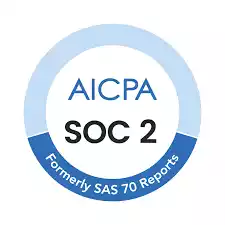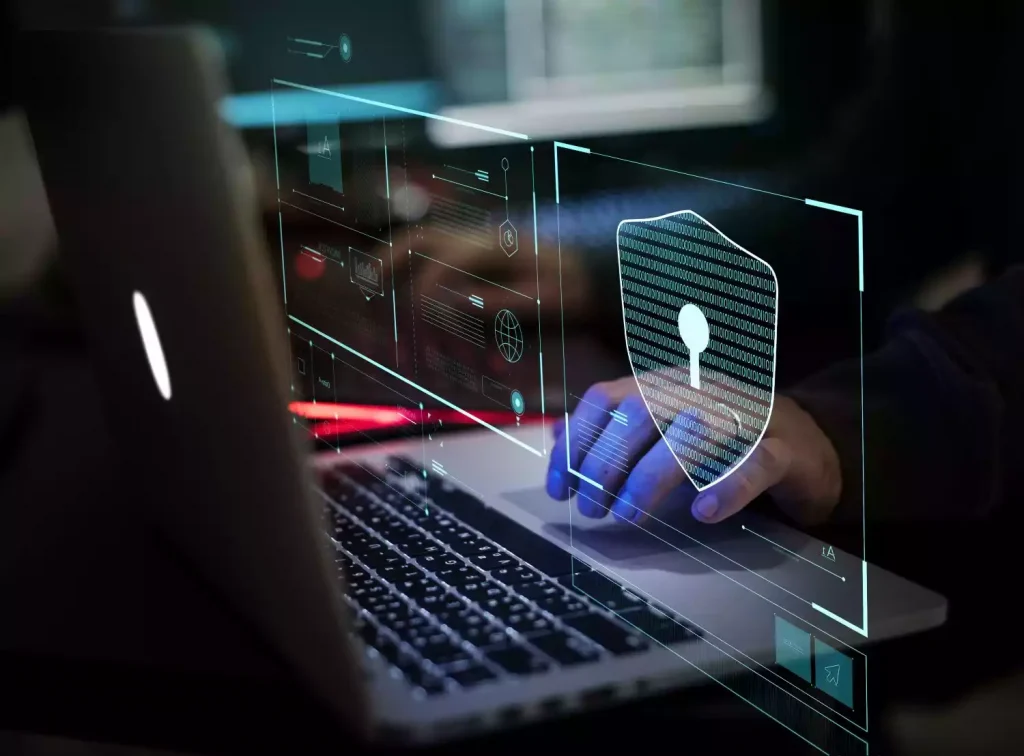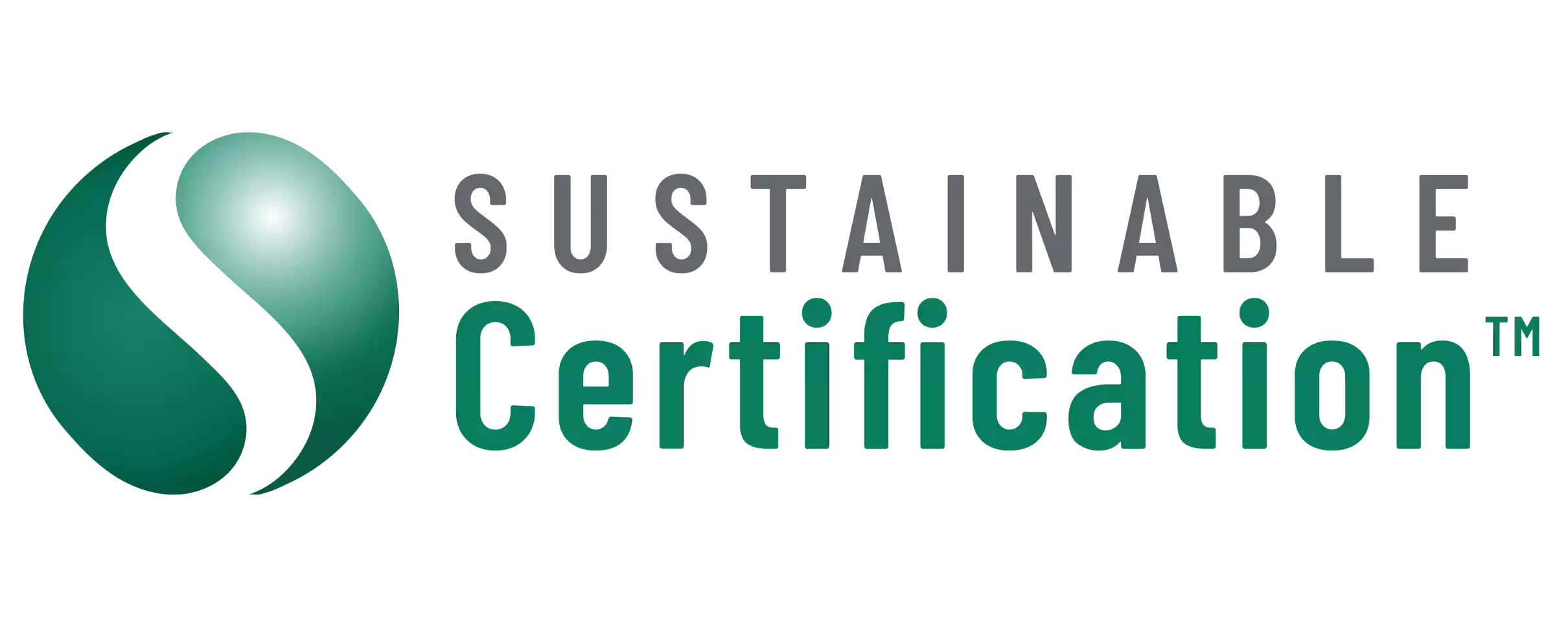ISO 27001 vs SOC 2 Which is the best for Your IT Security Needs?

In the intricate world of IT security, certifications are a badge of trust and competence. For IT professionals, compliance managers, and ISMS, understanding the differences in certifications is critical. Among the most debated are ISO 27001 and SOC 2. Both are important in the realm of information security, but they serve different purposes and offer unique benefits. This blog post aims to provide context around these two certifications, helping you make informed decisions for your organization.
Understanding ISO 27001
What is ISO 27001?
ISO 27001 is an international standard for information security management systems (ISMS). It provides a consistent approach for managing sensitive company information, ensuring it remains secure.
The Framework of ISO 27001
The framework of ISO 27001 involves establishing, implementing, maintaining, and continually improving an ISMS. At its core, it focuses on identifying and mitigating risks. Organizations must undergo rigorous audits to get certified, proving their commitment to information security.
Benefits of ISO 27001
ISO 27001 certification offers several benefits. It enhances customer trust, improves risk management, and ensures regulatory compliance.

Unpacking SOC 2
What is SOC 2?
SOC 2, or Service Organization Control 2, is an auditing procedure that ensures service providers securely manage data to protect the privacy and interests of their clients. SOC 2 reports are based on five “trust service criteria”: security, availability, processing integrity, confidentiality, and privacy.
The Framework of SOC 2
Unlike ISO 27001, SOC 2 is not a certification but an attestation. It requires ongoing evaluation and auditing. Organizations must align their security practices with the five trust service criteria and prove their adherence through external audits.
Benefits of SOC 2
SOC 2 attestation demonstrates a company’s commitment to maintaining a high level of information security. It can boost client confidence, attract new customers, and ensure compliance with industry standards.
What are the Key Differences Between ISO 27001 and SOC 2?
International vs. National Recognition
ISO 27001 is internationally recognized, while SOC 2 is primarily used in the United States. This difference can influence which certification is more beneficial depending on your business’s geographical focus.
Scope and Focus
ISO 27001 covers a broad scope of information security management, focusing on creating a comprehensive ISMS. In contrast, SOC 2 zeroes in on specific criteria related to data handling and protection.
Certification vs. Attestation
ISO 27001 is a certification, involving a three-year cycle of audits and surveillance. SOC 2, on the other hand, is an attestation requiring continuous compliance and regular audits.
Implementation Process
Getting Started with ISO 27001
Implementing ISO 27001 involves a detailed process that includes establishing an ISMS, conducting risk assessments, implementing necessary controls, and undergoing rigorous audits for certification. It’s a long-term commitment that requires organizational buy-in and resources.
SOC 2 Implementation
SOC 2 implementation demands aligning your processes with the five trust service criteria. This involves continuous monitoring, regular audits, and maintaining stringent security practices. While it may seem less formal compared to ISO 27001, it requires a high level of ongoing dedication.
Compliance Requirements
ISO 27001 Compliance
Compliance with ISO 27001 means adhering to its stringent requirements continuously. Organizations must undergo annual surveillance audits and a recertification audit every three years. Non-compliance can lead to the loss of certification.
SOC 2 Compliance
SOC 2 compliance is about maintaining alignment with the trust service criteria. Regular audits ensure that the organization’s practices meet the required standards. Unlike ISO 27001, SOC 2 does not have a recertification process but relies on continuous compliance and periodic audits.
Cost Considerations
Cost of ISO 27001
The cost of ISO 27001 certification can be significant. It includes expenses for training, implementation, internal audits, and certification audits. However, the return on investment can be substantial, with improved security, reduced risks, and enhanced customer trust.
Cost of SOC 2
SOC 2 attestation costs involve auditing fees, implementation of security controls, and ongoing compliance efforts. While the initial investment might be lower than ISO 27001, the continuous nature of SOC 2 compliance can lead to recurring costs.
Industry Use Cases
When to Choose ISO 27001
ISO 27001 is ideal for organizations with a global presence, especially those in heavily regulated industries like finance, healthcare, and technology. It provides a comprehensive framework for managing information security across diverse geographies and regulatory environments.
When to Choose SOC 2
SOC 2 is particularly beneficial for service organizations in the United States that handle sensitive client data. It’s commonly used by SaaS companies, data centers, and cloud service providers to demonstrate their commitment to data security and privacy.
Customer Trust and Marketability
Building Trust with ISO 27001
ISO 27001 certification can significantly enhance your organization’s reputation. It signals to customers, partners, and stakeholders that you are committed to maintaining high standards of information security, thereby building trust and credibility.
Enhancing Marketability with SOC 2
SOC 2 attestation can make your organization more marketable, especially to clients who prioritize data security. It demonstrates your ability to protect their information, making your services more attractive and competitive.
Risk Management
Risk Mitigation with ISO 27001
ISO 27001 provides a structured approach to identifying, assessing, and mitigating risks. By implementing an ISMS, organizations can proactively address vulnerabilities and reduce the likelihood of security incidents.
Managing Risks with SOC 2
SOC 2 focuses on managing risks related to data handling and processing. By adhering to the trust service criteria, organizations can protect their data and systems from unauthorized access, ensuring the integrity and confidentiality of client information.
Integration with Other Standards
ISO 27001 Integration
ISO 27001 can be integrated with other management system standards like ISO 9001 (Quality Management) and ISO 14001 (Environmental Management). This integrated approach can streamline processes, reduce redundancies, and improve overall efficiency.
SOC 2 Integration
SOC 2 can complement other security frameworks like NIST and HIPAA. While it doesn’t integrate as seamlessly as ISO standards, it can still be part of a comprehensive security strategy, particularly for organizations handling sensitive client data.
How Can Sustainable Certification Help You?
Long-Term Benefits of Sustainable Certification
Sustainable certification, whether ISO 27001 or SOC 2, offers long-term benefits. It can lead to improved security, reduced risks, and enhanced customer trust. By committing to continuous improvement, organizations can stay ahead of evolving threats and maintain their competitive edge.
Conclusion
In the modern business landscape, information security is paramount. For IT professionals, compliance managers, and ISMS, understanding the differences between ISO 27001 and SOC 2 is crucial. Both certifications offer unique benefits and cater to different needs. By choosing the right certification and committing to sustainable certification, organizations can enhance their security, build trust, and achieve long-term success.
If you’re ready to take the next step in your information security journey, consider exploring sustainable certification options. Whether it’s ISO 27001 or SOC 2, our team of experts can help you achieve and maintain compliance, ensuring that your organization remains secure and competitive in today’s digital age.
For more information and to get started, contact us today. Let’s build a secure future together. Please contact us Today
